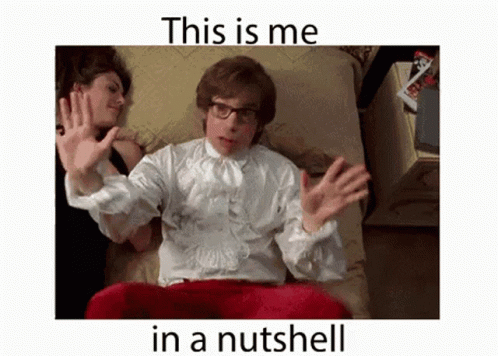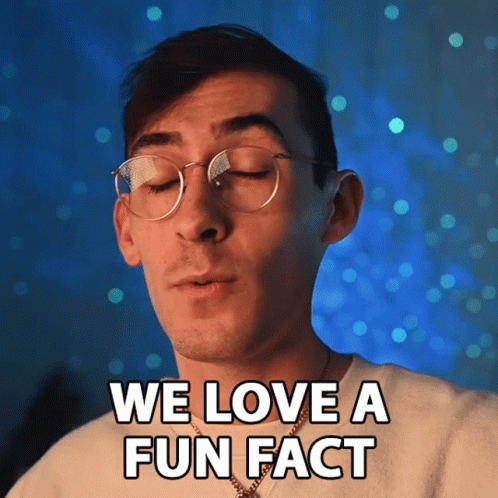"Is The World Overpopulated And What Can We Do To Solve The Issue?"
7.9 Billion is a big number, I can't begin to think how many 0s would need to go on the end of that number, but I know it would be a lot. It's hard to think about a number like that and imagine quite how we all fit on this planet - at least not in a viable way.

Now, we hear all kinds of proposals about how to fix this crisis, and how overpoluation and global warming will combine to an absolute catastrophe - and the truth is, it might.
And, it's in those words, 'It might' - that perhaps, there's a solution.

Now, one of my personal challenges that my family has had, was that my wife and I couldn't have our own children. It's something that has been sad, but also, perhaps now, a source of released anxiety. You see - the climate challenge numbers that are getting put up are compelling. By 2100, we could well be stuffed. Heck! By 2050 we could be stuffed! There's some solace in knowing that when I'm gone, I'm not leaving children, grandchildren and further behind to deal with the complexities of that new, and very hot, century.
The science says that by 2100 we could be facing global temperatures that are up to 4.8 degrees celcius warmer than pre-industrial levels. On those figures, agriculture will become far more prone to crop failures and extreme temperatures will change how we do life - not to mention rising oceans contributing to parts of the world becoming uninhabitable - and in turn, despite the increase in water at our feet, fresh water scarcity will become an increasing issue.

But the thing is, I know that by 2100 I'll have physically departed; in fact, if I have a really good innings, and hit 100, I'll still be gone just over a decade before we get to that year. But that doesn't stop me worrying about the generations that come next. I'm a High School teacher and I have young people in my classes all the time, and it strikes me that every year their birth dates keep moving. From next year, none of my students will have been born before 2009 - that decade will be gone. But what of their hopes for their future and their own future families?
The trend: more and more young people are choosing not to have children. The concern over the future of their offspring is becoming increasingly a stress, and with the fear of introducing a child into a world on the brink of disaster, the choice is not to become parents who oversee that doom. This is drastic change in attitudes and not something that demographers could NOT have predicted. It also sits next to a declining birth rate in the developed world. In Australia - the birth rate is 1.66 per woman. In a nutshell, the Australian population is going to shrink markedly - the government only keeping it stable and with small rises due to immigration.

In USA, the birthrate is 1.7, Canada is 1.47 and the UK is 1.65 - the trend in developed nations is backwards. Of course, this isn't a global trend, and birthrates in countries throughout Africa are high, over 6.1 in some places! Even the Chinese birth rate is down to 1.7. Of the main global economies, only India continues to grow with a 2.2 rate.

What all this leads to is the solution.
A declining birth rate - and whatever factors are associated with that - will start to bring the world population down. My feeling is, is that as global warming increases its grip on the planet and climate shifts continue to occur, then more and more people will make the choice to forgo a family or only have one child and this in turn, will continue to lower the birth rate further. Of course, this is also complicated by taxation, for as Western populations drop, governments will need to increase tax burdens on their citizens in order to fund our current lifestyles, and the medical care of an aging population. With these taxation and cost of living pressures, for many families, it may not be economically viable to have a family either.
Fun Fact:
The world's global population is expected to Peak in 2064 at just shy of 10 billion people - coming in at around 9.7 billion. From those lofty heights, the population is expected to shrink back to around 8.8 billion by 2100. On those numbers, it would appear that the 2100s could be a century of continued declining population numbers - perhaps this is the hope for humanity? Also, it means that as our current world develops strategies to be sustainable based on a population of 7.9 billion, they will be similar to what will keep us sustainable in 2100.

Thanks for joining me for this Question of the Week, you can find the original ecoTrain prompt here.
All .gifs used are sourced free from Tenor; inserted from PeakD post options.